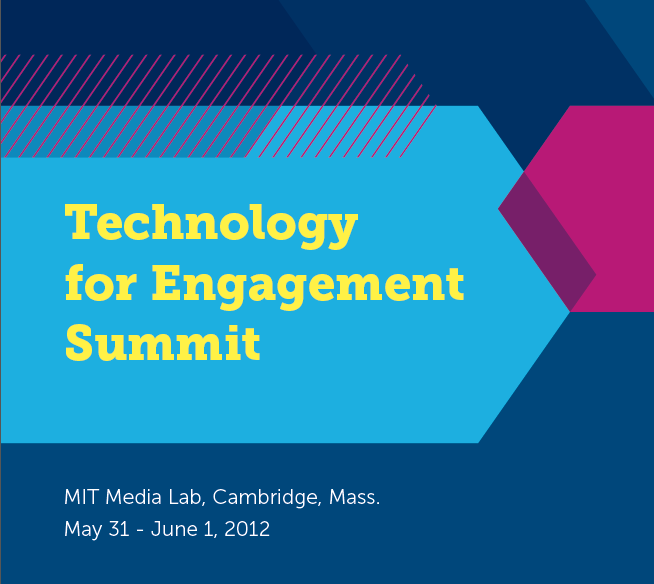
Building Philly’s open data movement
If you had the keys to your city’s data, what would you do? Mark Headd, Philadelphia’s first chief data officer, is in that enviable position. Formerly the lead of government relations at Code for America, Headd now works directly with agencies and departments on the standards and procedures by which they release their data to the public. We talked with him to find out his top priorities, the barriers he faces and why Philadelphia’s open data movement is a process, not an outcome. What are the top three datasets you think all cities should make available and useable? M.H.: Definitely transit data because it touches the lives of so many people on a daily basis. Also crime data. In every city that I have worked in, it’s one of the most requested datasets. And also financial data – people want data about where and on what the government spends its money. Those three sets at a minimum should be available in every city. What are challenges you face in improving public access to information? M.H.: Inside Philadelphia, there’s an acute awareness about the importance of open data. The more subtle point I have to get across is about how government views its role. People in government, especially those working in tech, traditionally have thought their role was to create websites, apps and data visualizations. But it’s a collaborative approach. We need to be at a place where people outside the government help us better deliver information and services. This requires government to think of themselves less as solution developers and more as stewards of data. RELATED LINK

Read more about how technology is opening up government in Knight’s report on Digital Citizenship
In your work at Code for America, what sort of apps, platforms or projects do you see gaining traction? M.H.: One of the most interesting things taking root is around information collected from 311 service requests because every city deals with non-emergency citizen requests and complaints. What Code for America did in Chicago with Open311 was re-imagine the standard used to visualize and aggregate that data. We can now look at how many new requests came in on a certain day, how many were closed and what the count of open requests is. What’s neat is that we’ll be able to do comparisons across cities, like how long it take to fill a pothole in Baltimore versus Chicago. Are there ways that average citizens who care about the open data movement can help contribute to your work? M.H.: Let your government officials know you care about data. When people tell us, I need this data because it makes it easier for me to find a parking space, or it will help me to decide what school to send my child, it helps us figure out how and why we should do this work. Also, look at what open data already exists. If it’s important to you and it touches your life, use it to make something. You don’t have to build an app, you can load a dataset into a Google spreadsheet and build a chart or other data visualizations. If the format of the data isn’t accessible to you, tell your local government. You’ve stressed before that Philadelphia’s open data effort isn’t an outcome, it’s a process. What do you mean by that? M.H.: People look at open data as binary off vs. on switch, but I don’t. It’s an evolution, we’re always going to be refining the process. One of the most important and overlooked pieces around open data is its community. Putting data on a website to download doesn’t mean anything if you haven’t engaged the people who use it, whether that is journalists, software experts or academics. Data isn’t perfect, we want to be in a long-term relationship with our users and make it better by incorporating their feedback. Sometimes people inside government think if I publish the data, I’m done, but really, that’s just the beginning. This is a new position for the city and a new job for you. What are your priorities? M.H.: There’s a high level of awareness around open data here, but we need to have in place what I refer to as the “plumbing.” By that, I mean, we need to have an officially sanctioned open data platform, whether it’s building on the existing opendataphilly.org, or creating a new one. We also need a detailed process in place to help identify, vet and review data sets. We don’t want to just dump the data, but also make the departments who have it aware that once its public, they’re going to build a relationship with the community that uses it. What else should people know about your job? M.H.: The biggest cities in the country are now putting their money where their data is. There’s a real recognition that someone needs to be responsible for managing it, it is exciting to be a part of that. By Elizabeth R. Miller, communications associate at Knight Foundation Related: “Apps for engagement and innovation” on KnightBlog
Recent Content
-
Community Impactarticle ·
-
Community Impactarticle ·
-
Community Impactarticle ·


